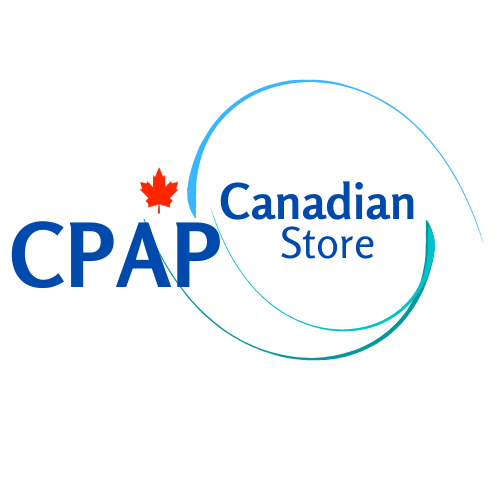Dealing with congestion can be a frustrating experience, especially when it affects your sleep. Whether it’s due to allergies, a cold, or sinus issues, congestion can lead to poor sleep quality and leave you feeling tired and irritable. For individuals with sleep apnea, congestion can complicate the effectiveness of Continuous Positive Airway Pressure (CPAP) therapy. In this blog post, we will explore how CPAP therapy can help alleviate congestion and improve your overall sleep quality.
Understanding Congestion
Congestion occurs when the nasal passages become swollen or blocked, making it difficult to breathe through the nose. Common causes of congestion include:
- Allergies
- Colds or flu
- Sinus infections
- Environmental irritants
- Deviated septum
For individuals using CPAP therapy to treat sleep apnea, congestion can pose an additional challenge, as it may interfere with the proper use of the CPAP mask and the delivery of air pressure needed to keep the airway open.
How CPAP Therapy Can Help With Congestion
CPAP therapy is a common and effective treatment for obstructive sleep apnea (OSA). It involves wearing a mask connected to a machine that delivers a continuous flow of air, keeping the airway open during sleep. Here’s how CPAP therapy can help alleviate congestion:
1. Humidification
Many CPAP machines come with a built-in humidifier that adds moisture to the air being delivered. This humidified air can help soothe and reduce nasal congestion, dryness, and irritation. Adjusting the humidity level on your CPAP machine can make a significant difference in your comfort and ability to breathe through your nose.
2. Nasal CPAP Masks
For those who experience nasal congestion, switching to a nasal CPAP mask or nasal pillows can provide relief. These masks deliver air directly into the nasal passages, helping to keep them open and reduce congestion.
3. Nasal Saline Rinse
Using a nasal saline rinse before bedtime can help clear out mucus and allergens from your nasal passages, making it easier to use your CPAP machine. Saline rinses are a simple and effective way to reduce congestion and improve nasal airflow.
4. Proper Mask Fit
A well-fitting CPAP mask is crucial for effective therapy. If your mask is too tight or too loose, it can cause air leaks and discomfort, exacerbating congestion. Ensure your mask fits properly and comfortably to maximize the benefits of CPAP therapy.
5. Elevate Your Head
Sleeping with your head elevated can help reduce nasal congestion by promoting better drainage of nasal passages. Consider using a wedge pillow or adjusting your bed to keep your head elevated while you sleep.
Additional Tips for Managing Congestion
In addition to CPAP therapy, here are some additional tips to help manage congestion and improve your sleep quality:
- Stay hydrated by drinking plenty of water throughout the day.
- Use a humidifier in your bedroom to maintain optimal humidity levels.
- Avoid allergens and irritants, such as pet dander, dust, and smoke.
- Practice good sleep hygiene, such as maintaining a consistent sleep schedule and creating a relaxing bedtime routine.
- Consult with your healthcare provider for personalized advice and treatment options.
Conclusion
Congestion can be a significant barrier to achieving restful sleep, but with the right strategies, you can alleviate its impact. CPAP therapy offers several solutions for managing nasal congestion and improving sleep quality for individuals with sleep apnea. By incorporating humidification, choosing the right mask, and following additional tips for managing congestion, you can enhance your CPAP therapy experience and enjoy better sleep. If you have persistent congestion or difficulty using your CPAP machine, consult with your healthcare provider to explore further options and adjustments.

